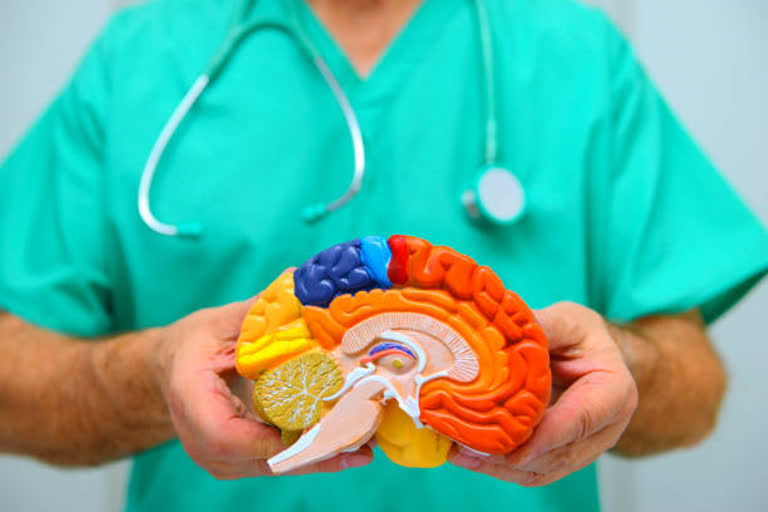Melbourne: Researchers have developed a new smartphone app that can accurately and rapidly detect Parkinson's disease and severe COVID-19 using just people's voice recordings. The Artificial Intelligence (AI) enabled app records a person's voice and takes just 10 seconds to reveal whether they may have Parkinson's disease and should be referred to a neurologist.
"Early detection, diagnosis and treatment could help manage these illnesses, and so making screening faster and more accessible is critical," said study lead researcher Dinesh Kumar from RMIT University. "This research will allow a non-contact, easy-to-use and low-cost test that can be performed routinely anywhere in the world, where the clinicians can monitor their patients remotely," Kumar said.
The app could also promote a community-wide screening program, reaching people who might not otherwise seek treatment until it is too late, according to the researchers. The results of the research are published in IEEE Journal of Translational Engineering in Health and Medicine, IEEE Access and in Computers in Biology and Medicine.
The voice of people with Parkinson's disease changes because of a combination of three symptoms: rigidity, tremor and slowness. Expert clinicians can identify these symptoms, but this assessment can be challenging due to the large natural differences in people's voices. Kumar said previous attempts to develop a computerised voice assessment to detect Parkinson's had been inaccurate due to these significant differences in people's voices.
Also read: World's first tiny brain implant aims to reverse Parkinson's symptoms
The researchers used voice recordings of people with Parkinson's and a controlled group of so-called healthy people saying three sounds A, O and M. "These sounds result in a more accurate detection of the disease," Kumar added. "In patients with pulmonary disease symptoms from COVID-19, there is also a change in the voice due to lung infection," he said.
The researchers noted that due to large differences in people's voices, pulmonary disease is difficult to recognise in its early stages. This limitation can be overcome with the choice of those same three sounds and the AI method of analysis the researchers have developed. Prior to being used, the system is trained to identify the disease.
Once trained, it performs an instantaneous analysis of the voice. The software then compares the results against existing samples of voices of people with Parkinson's against those who do not. Co-researcher Quoc Cuong Ngo, from RMIT's School of Engineering, said the new technology was faster and better than any similar AI-based approach.
"Our screening test app can measure, with great precision, how the voice of someone with Parkinson's disease or person at high risk of hospitalisation from COVID-19 is different from healthy people," he said. Parkinson's is a degenerative brain condition that can be challenging to diagnose as symptoms vary among people. Common symptoms include slow movement, tremor, rigidity and imbalance. Currently, the disease is diagnosed through an evaluation by a neurologist that can take up to 90 minutes. (PTI)



